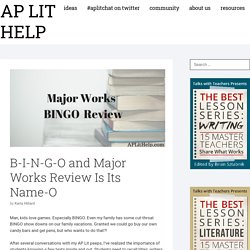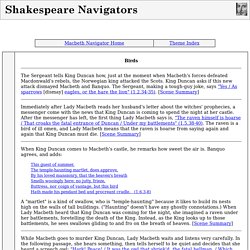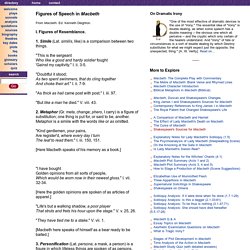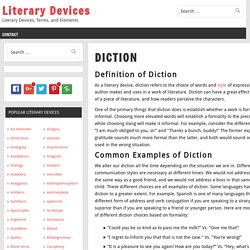

B-I-N-G-O and Major Works Review Is Its Name-O. Man, kids love games.

Especially BINGO. Even my family has some cut-throat BINGO show downs on our family vacations. Granted we could go buy our own candy bars and gel pens, but who wants to do that?! After several conversations with my AP Lit peeps, I’ve realized the importance of students knowing a few texts inside and out. Students need to recall titles, writers, character names, key scenes, big ideas and themes, and how all of that illuminates the meaning of the work as a whole. In addition to Questions, Quotes, and Novel Notes (a version of major works data sheets) and Crash Course review videos, a good old fashioned review game is the perfect fit for our pre-test prep.
Here’s what you need to play: BINGO card filled with major works studied (I used this site for a spiffy custom card.) Here’s how you play: Have students partner up. Here’s what I love about this game: first off, students must recall information that feels a little foggy and far away. Dressler motifs essay. Themes: Birds. Birds The Sergeant tells King Duncan how, just at the moment when Macbeth's forces defeated Macdonwald's rebels, the Norwegian king attacked the Scots.

King Duncan asks if this new attack dismayed Macbeth and Banquo. The Sergeant, making a tough-guy joke, says "Yes / As sparrows [dismay] eagles, or the hare the lion" (1.2.34-35). [Scene Summary] Immediately after Lady Macbeth reads her husband's letter about the witches' prophecies, a messenger come with the news that King Duncan is coming to spend the night at her castle. When King Duncan comes to Macbeth's castle, he remarks how sweet the air is. This guest of summer,The temple-haunting martlet, does approve,By his loved mansionry, that the heaven's breathSmells wooingly here: no jutty, frieze,Buttress, nor coign of vantage, but this birdHath made his pendant bed and procreant cradle. (1.6.3-8) A "martlet" is a kind of swallow, who is "temple-haunting" because it likes to build its nests high on the walls of tall buildings. Figures of Speech in Macbeth.
Figures of Speech in Macbeth From Macbeth.

Ed. Kenneth Deighton. I. Figures of Resemblance. 1. "This is the sergeant Who like a good and hardy soldier fought 'Gainst my captivity. " "Doubtful it stood; As two spent swimmers, that do cling together And choke their art. " "As thick as hail came post with post. " "But like a man he died. " 2. "Kind gentlemen, your pains, Are register'd, where every day I turn The leaf to read them. " [Here Macbeth speaks of his memory as a book.] "I have bought Golden opinions from all sorts of people, Which would be worn now in their newest gloss. " [Here the golden opinions are spoken of as articles of apparel.] "Life's but a walking shadow, a poor player That struts and frets his hour upon the stage. " "They have tied me to a stake. " [Macbeth here speaks of himself as a bear ready to be baited.] 3.
"My gashes cry for help. " "I think our country sinks beneath the yoke; It weeps, it bleeds. "Our castle's strength Will laugh a siege to scorn. " 4. 5. 6. II. 1. Diction Examples and Definition - Literary Devices. Definition of Diction As a literary device, diction refers to the choice of words and style of expression that an author makes and uses in a work of literature.

Diction can have a great effect on the tone of a piece of literature, and how readers perceive the characters. One of the primary things that diction does is establish whether a work is formal or informal. Choosing more elevated words will establish a formality to the piece of literature, while choosing slang will make it informal. For example, consider the difference between “I am much obliged to you, sir” and “Thanks a bunch, buddy!” Common Examples of Diction We alter our diction all the time depending on the situation we are in. “Could you be so kind as to pass me the milk?” Significance of Diction in Literature Authors make conscious and unconscious word choices all the time when writing literature, just as we do when speaking to one another.
Writing Style Used in Shakespeare's "Macbeth" Teaching macbeth lesson ideas.